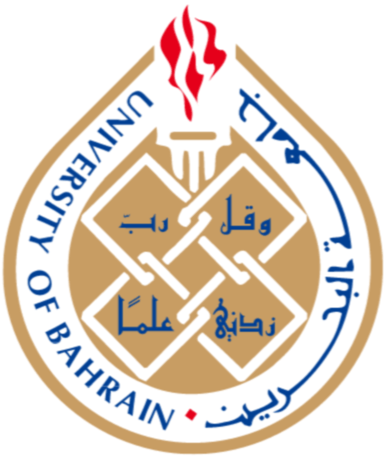PROGRAM LEVEL
The rapid developments in information and communication sciences and the overlap with other sciences require a postgraduate program that goes along with the major universities programs and combines their excellence points, and meets the community’s need for knowledge and skills, and helps the growth that contributes to the development of the local social capital, and takes into consideration the social and cultural uniqueness of the community and contributes directly to achieving the mission of the university in serving and developing the community.
ABOUT THE PROGRAM
PROGRAM OBJECTIVES
The MA in Media program aims to:
1. Provide the student with various theoretical frameworks that explain the relationship between culture, technology, and communication, with emphasis on the experiences of media practitioners in the Kingdom of Bahrain.
2. Enable the student to assume leadership positions in the field of media and communication and to contribute to improving the performance of media institutions in the public and private sectors.
3. Qualify the student in scientific research and ethics with the aim of carrying out research and studies that help media and communication institutions and society in the decision-making process.
PROGRAM INTENDED LEARNING OUTCOMES
Students with a master’s degree in Media should be able to:
a) Analyze recent media and communication issues based on the latest theories and patterns related to various fields (strategic communication, international communication, radio and television, journalism, and digital media).
b) Design scientific research in the field of information and communication in an innovative and creative manner, relying on scientific research methods and advanced media theories, to meet the needs of the beneficiaries and facilitate decision-making.
c) Evaluate communication plans and strategies in media, economic, social, and cultural institutions on an advanced scientific and professional basis.
d) Apply critical thinking skills in evaluating the major issues and the rapid changes in the field of media and communication, relying on scientific standards.
e) Apply the ethics of scientific media research in his/her academic and professional performance and adhere to academic integrity standards.
f) Communicate effectively and professionally in different contexts through the presentations and research he/she accomplishes.









